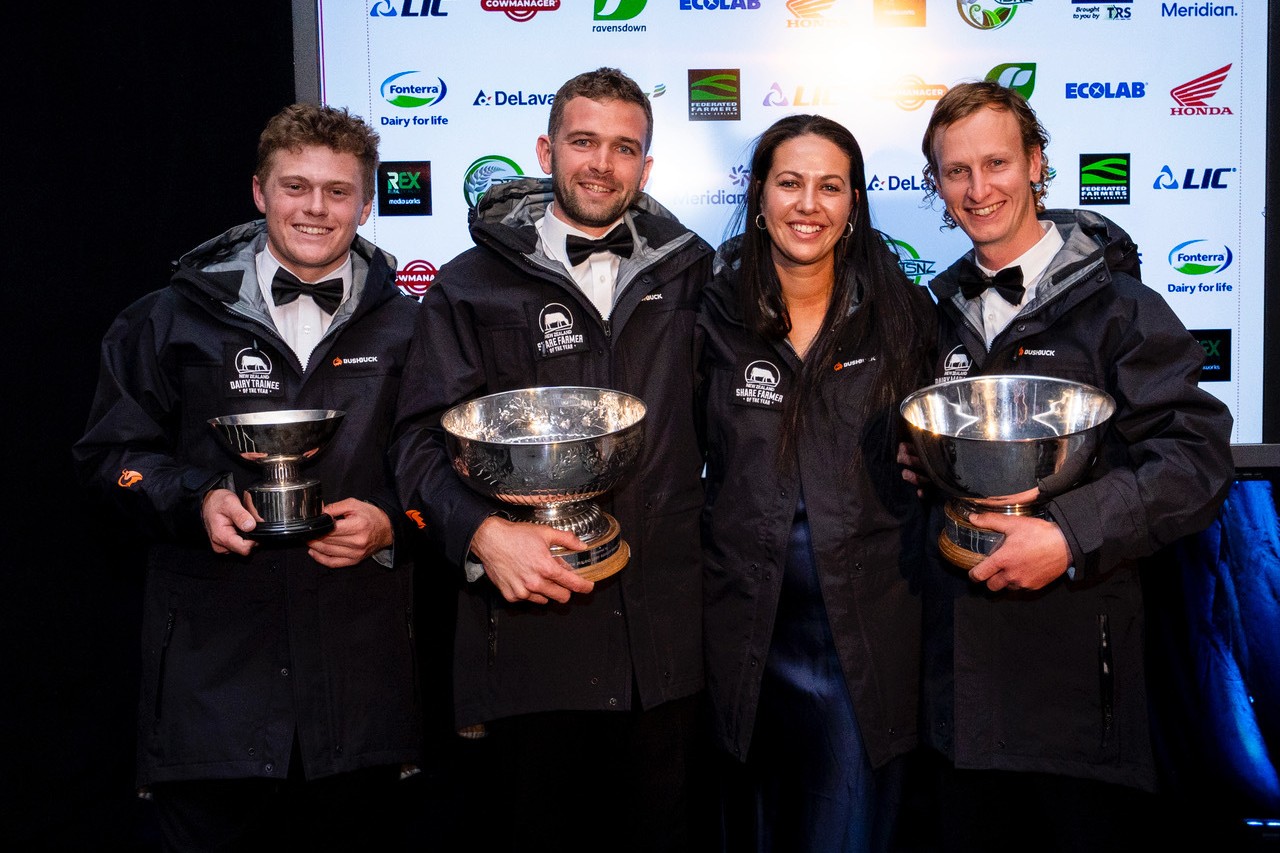When were the great leaps forward for mankind?
According to a guy on Google, around 10,000BC wheels were invented – closely followed by levers, hinges, pulleys and other simple tools. About 200BC clockwork was invented. Around 1680, steam engines were invented, another leap forward into the industrial revolution. About 1890 the electric telegraph was invented and about 1930 computers were invented.
Building on that have been the internet, cell phones and data science forming the foundations for AI, computer learning and algorithms – procedures used for solving a problem or performing a computation, allowing computers to take masses of data and organise it to solve problems or perform tasks.
And now we have ‘cowgorithms’ – a technology that takes raw data, collected cow-side and predicts health and heat status, rumination and activity..
This is just one of the Halter functions Emlyn and Hilary Francis use on their 1500-cow herd in Canterbury, alongside the virtual fencing and cow management programme that has improved pasture utilisation to the point they are 7% up on production with 100 fewer cows and less supplement. Staff also work fewer hours and burn less fuel.(Pg 41)
Our special report is all about the great leap forward of technologies onfarm and how to understand and use them.
South Canterbury vet Ryan Luckman shines a light on what to look for in terms of real-time monitoring, particularly around the transition time and Southern Dairy Hub manager Louise Cook outlines the lessons their cow monitoring has taught the southern-most research farm.
Daniel Eb’s Nuffield report makes really interesting reading – he talks about redesigning the domestic food system so consumers feel closer to farmers because they are buying their produce. He says Kiwis feel disconnected from our farmers because so much of what our farmers produce is exported. Consumers need to be reconnected with the source of their food.(pg34).
Frances Coles also touched on this in her Milking Platform column (pg13) when she talked about actor Stanley Tucci in his ‘My life through food’ memoir saying the wonderful vital human connections we are able to make are disappearing – “of when we buy something we love to eat from someone who loves to sell it, who bought it from someone who loves to grow, catch or raise it.”
Frances says food is so often linked with key moments in our lives and those meals are more meaningful when they’re shared with people who have grown, caught or raised then lovingly prepared the food for you.
Or at least when you know who grew it!
Food for thought.
PS: This could be my last column with the rise of ChatGPT…soon to be replaced by Jackie.bot






